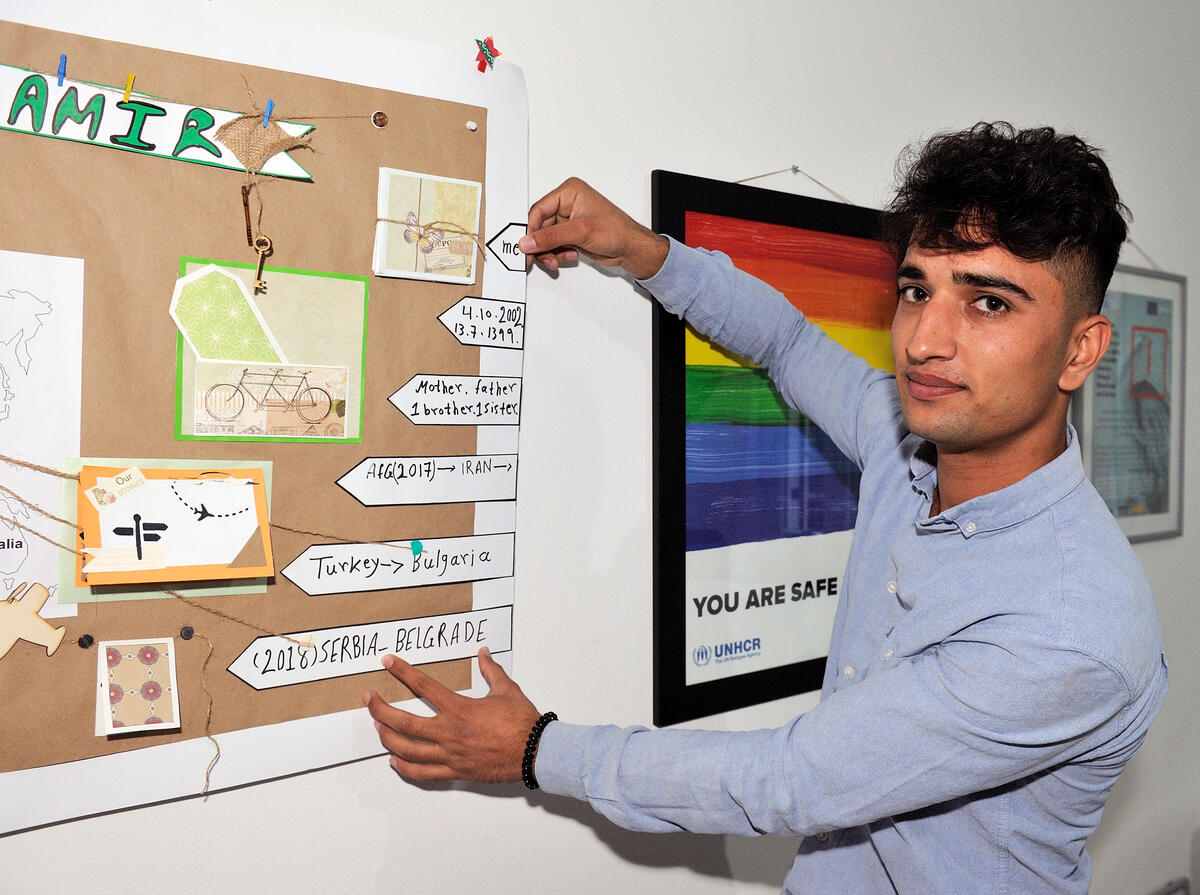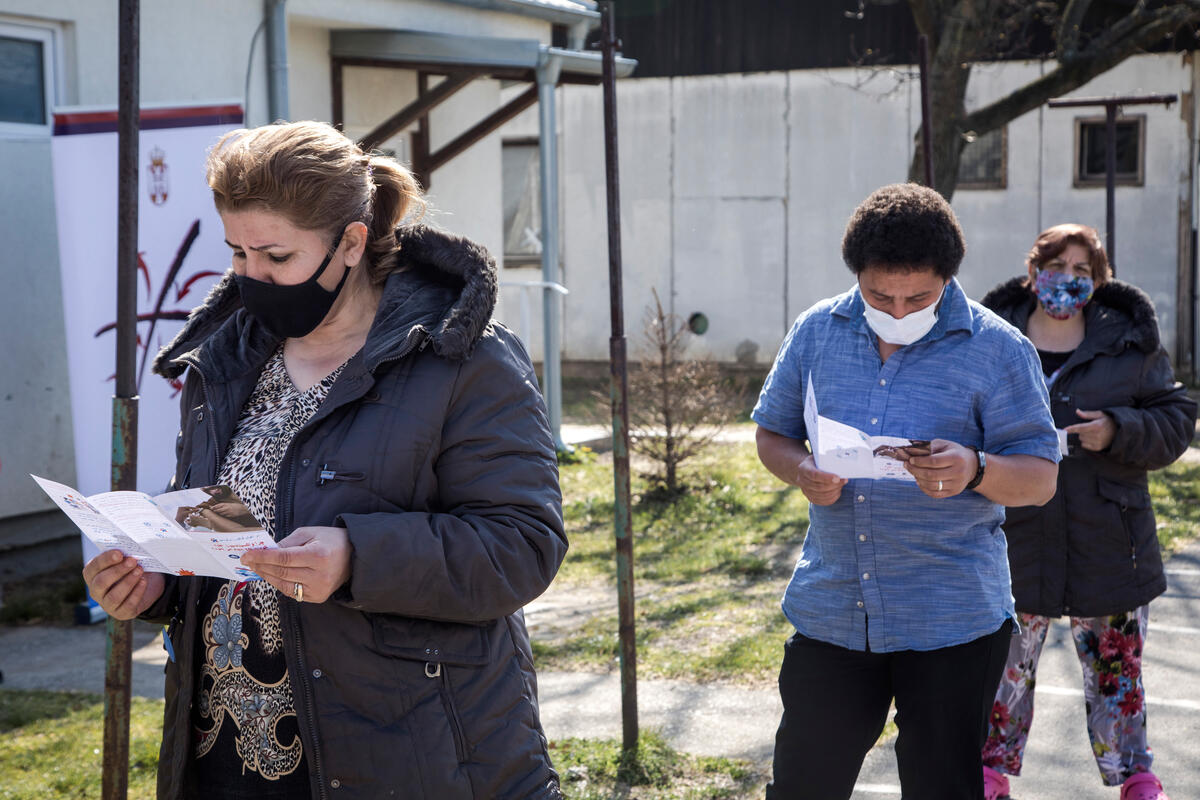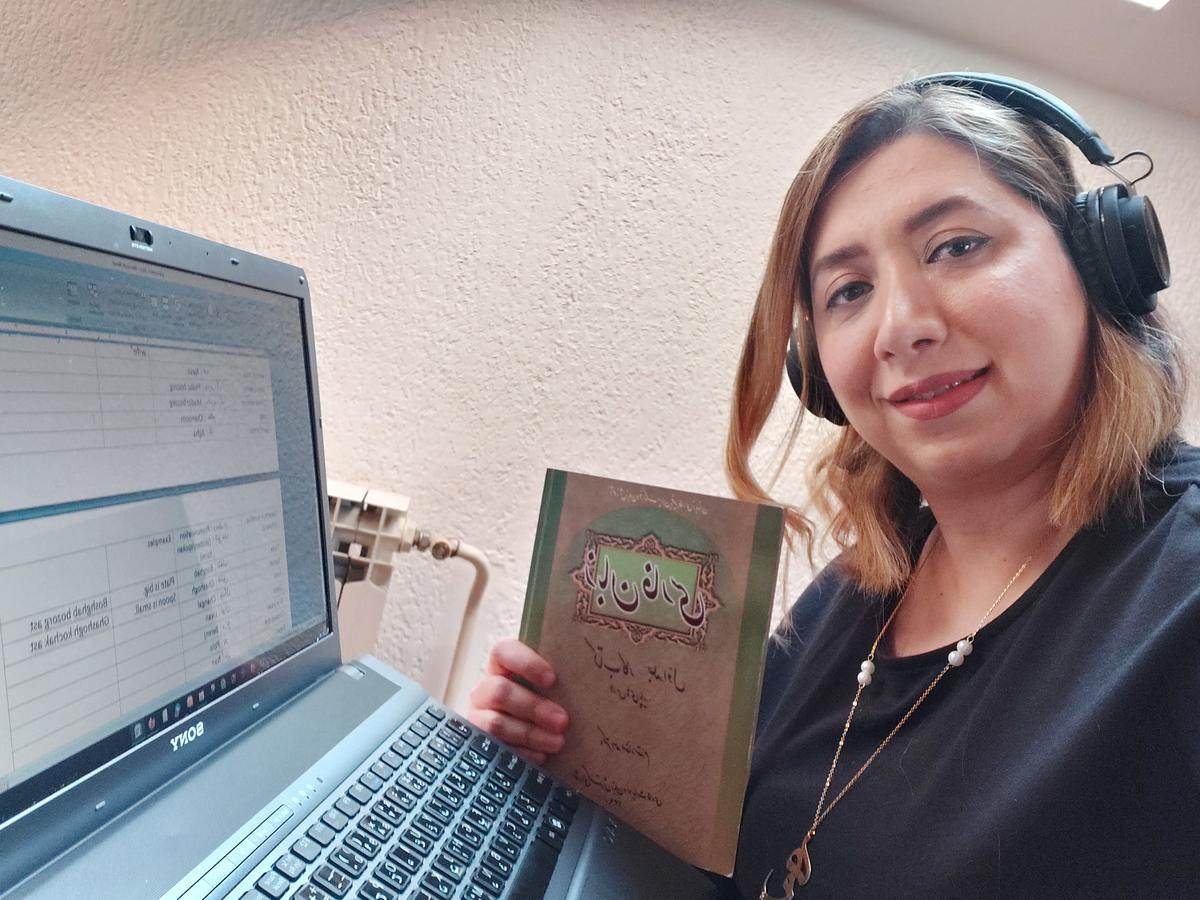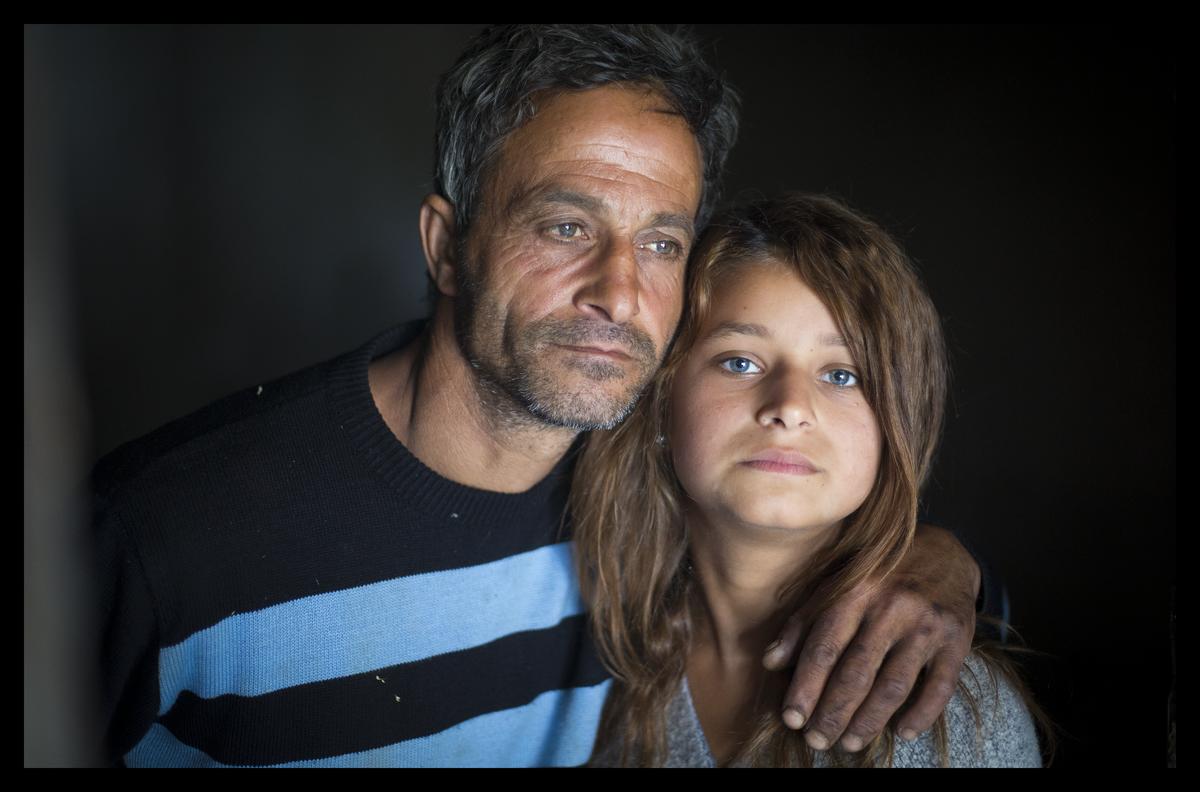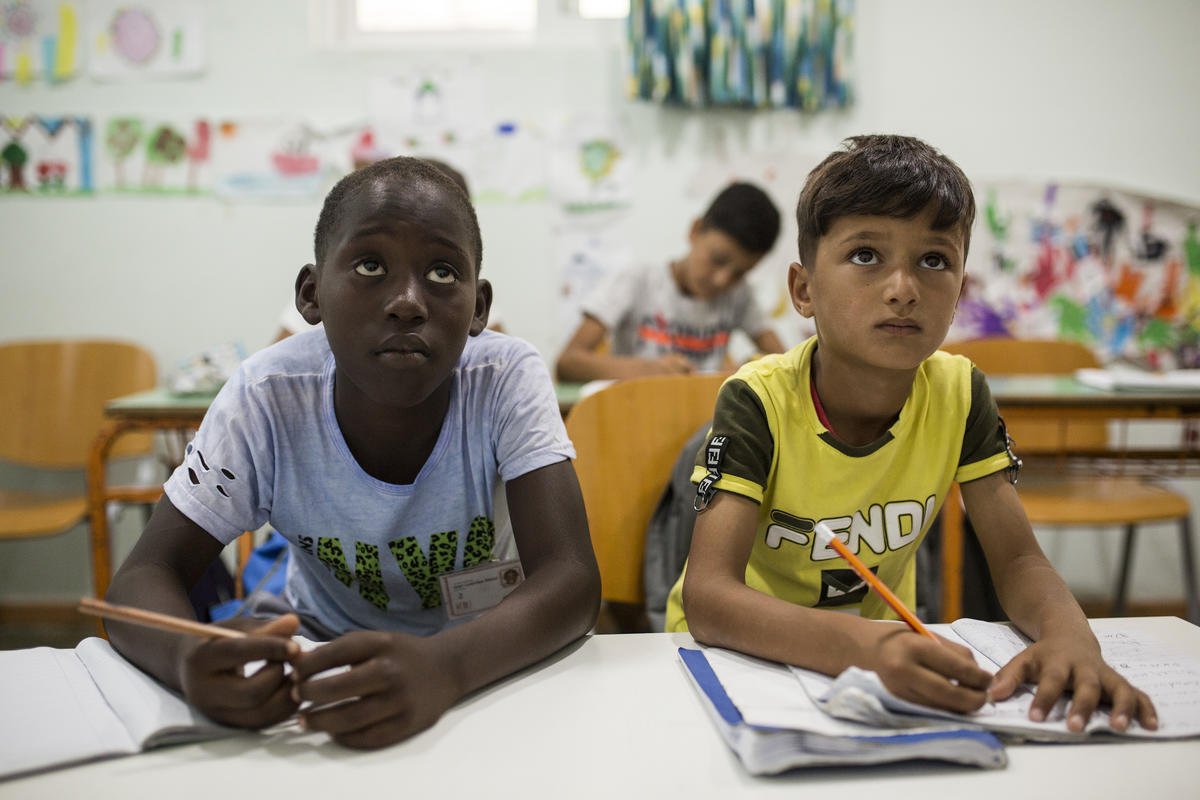Kosovo Crisis Update
Kosovo Crisis Update
Albania
By late afternoon Thursday, an estimated 1,800 people had crossed into Albania through the Morini border crossing. The majority were from Prizren, a mix of original residents and others who had fled from different areas in Kosovo. A doctor and six nurses were among the new arrivals. They said they were at work yesterday morning at the Prizren hospital when police arrested them, bundled them into a vehicle and drove them to the Albanian border. They did not have time to tell their families they were being forced into exile or to pack anything. It took one hour from the time they were working normally until they became refugees in Albania.
Another large group said they were from Obilic, near Pristina. They reported that they had been rounded up earlier in the day and told to get on a bus to Albania. They said that the entire area of Obilic was now deserted of people.
The Government of Albania and UNHCR have continued to pursue the transfer of refugees from the north of the country, but are concerned that insufficient numbers are moving south. The "go-and-see" helicopter visits to areas in the south appear to be having some positive effect, as refugees are better informed of conditions in other areas. Almost 5,000 refugees left Kukes for the south on Thursday. Still, more than 100,000 refugees remain in the northern districts of Kukes and Has.
There are reports of a deteriorating security situation in the Bajram Curri area, with little or no effective police presence in the northern town. Food left by relief helicopters on the main football field is said to have been looted. The OSCE has initiated discussions with the Government of Albania on what can be done to improve the situation.
UNHCR reports that to date, more than 30,000 refugees have crossed from Montenegro into Albania through the Hani i Hotit (Bozaj) border. The majority have found shelter in the Shkodra prefecture. Around 3,300 remain in a tobacco factory, where conditions are said to be poor. MSF and the Spanish NGO MPDL are cooperating to rehabilitate the building and improve the distribution of food and relief items. MSF installed hot and cold showers and trench toilets. UNHCR has dispatched blankets, mattresses, sanitary supplies and jerry cans to the site.
FYR of Macedonia
Refugees flooded into the FYR of Macedonia on Thursday, with new arrivals outpacing departures by over 500%. Around 7,500 new arrivals were counted by midnight. The majority (around 6,500) crossed at Blace. The existing camps - including the first segment of the new camp at Cegrane - are full to capacity and the situation is worsening rapidly. UNHCR calls on European governments to do their utmost to accelerate immediately the evacuation of refugees from these camps. Of the around 85,000 places offered by European countries for evacuation of refugees from the FYR of Macedonia, only around 25,000 have been filled to date. The need to take advantage of all of these places is now urgent.
Thursday's new arrivals in the FYR of Macedonia came by bus from Urosevac and by train from Kosovo Polje. Groups also arrived from Presevo in Serbia. Many appeared traumatized.
Around 500 of the new arrivals crossed at Jazince, another 130 at Tabanovce and 250 through the mountains to Straza. A UNHCR team reached the mountain village of Runice yesterday, near the hamlet of Straza which straddles the border with Kosovo. They reported that a group of several hundred refugees had crossed the border and told them that another 1,000 were behind them still trying to cross. The refugees said they were from Presevo, Gnjilane and Pristina. Local villagers took the new arrivals into their homes and UNHCR dispatched emergency assistance to the area. A Médecins du Monde team was on site and attended to those in need of medical care, including one man with kidney problems.
New refugee sites are still urgently needed. Although the new camp at Cegrane has already been partly completed, and the two remaining segments of the camp are due to be completed in the coming days, at present arrival rates the camp will be full within days.
Republic of Montenegro
Over the past two days, only 200-250 new arrivals have crossed into Montenegro. Around 100 displaced Kosovars arrived on Thursday from the Istok municipality. Others entered Montenegro via Draga in Serbia, where they said they had been detained initially by military police, but later released. They said eight people from their group were beaten before crossing into Montenegro at Jablica. A smaller group of young men crossed over the difficult mountain pass directly to Rozaje. On arrival in the small village of Bac near the border, they said four persons from their group were detained and remain unaccounted for.
Displaced Kosovars continue to leave Montenegro, especially from Ulcinj, to cross into Albania. The current departure rate is 500-600 daily. Other groups have reportedly departed for Sarajevo in the past several days.
In Ulcinj, UNHCR has distributed kitchen sets to the camps and collective centres where displaced Kosovars are being housed. Soup kitchens have been established by several NGOs to serve those staying in mosques, collective centres and in private accommodation in the town. Caritas has distributed pasta, chocolate and family parcels to camps and displaced living in private accommodation.
UNHCR-IOM Humanitarian Evacuation Programme
On Thursday 29 April, only 1,170 refugees were evacuated on 12 flights to Austria, Belgium, France, Norway, Spain, Turkey and the United Kingdom. This was well below UNHCR's immediate target of 2,000 daily. Flights to Belgium, the Czech Republic, Denmark, France, the Netherlands, Norway and Sweden are scheduled for today. Notwithstanding this level of activity, the departure processing is going too slowly and UNHCR asks all governments to keep formalities to an absolute minimum and to speed-up the pace of evacuations with immediate effect.
UNHCR is also urging refugees in FYR of Macedonia to take advantage of the generous offer of Turkey to receive 20,000 Kosovars under the humanitarian evacuation scheme. To date, nearly 6,000 refugees have been flown to Turkey, where most are being well looked after in the Kirkaleri camp. Some have gone to stay with relatives in Turkey. In addition to those who have arrived under the evacuation programme, more than 7,000 Kosovars have travelled spontaneously to Turkey, bringing to 13,000 the number who had found safety there as of Thursday 29 April.




